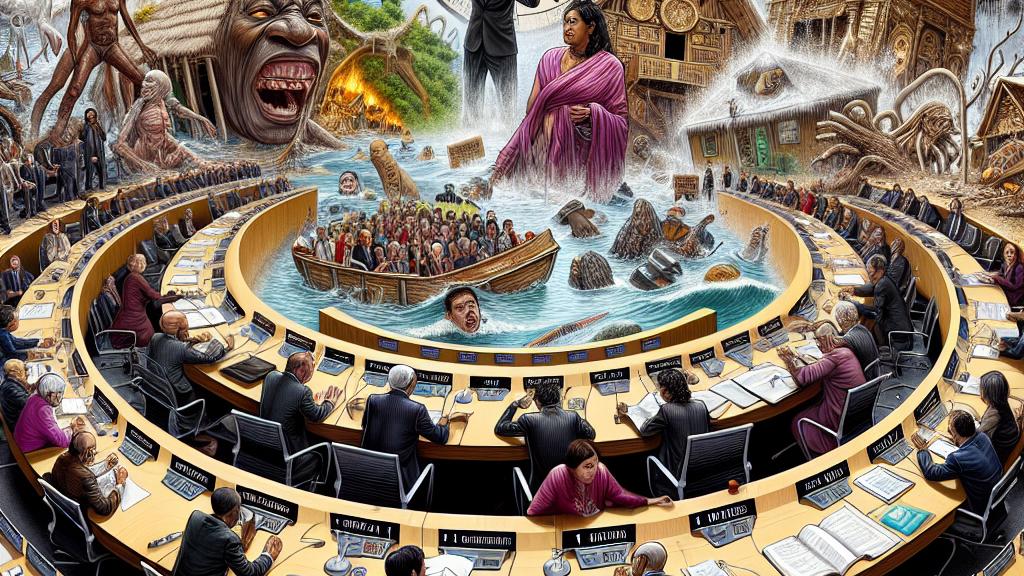Urgent Call for Financing Climate Action in Developing Countries
Overview
- COP29 in Azerbaijan emphasizes an essential need for $1 trillion each year for climate resilience.
- Developing nations confront severe climate challenges, highlighting their urgent funding requirements.
- Financial commitments from affluent nations are crucial to ensure equitable climate action globally.

The Stakes at COP29
At COP29, held in Baku, Azerbaijan, delegates are urgently advocating for a radical increase in financial support for poorer nations. The call for at least $1 trillion annually by the end of the decade underscores the dire need for resources to transition to sustainable energy and adapt to climate change impacts. For instance, many developing countries are grappling with extreme weather events, from catastrophic floods in South Asia to devastating droughts in sub-Saharan Africa. These nations often lack the infrastructure needed for resilience, making the financial influx not just helpful, but absolutely vital. With previous commitments like the $100 billion target only realized two years late, there’s a heightened sense of urgency, putting the future of climate negotiations on a razor's edge.
A Divided Front
Moreover, the focus on establishing the New Collective Quantified Goal on Climate Finance (NCQG) highlights the difficulty of reaching consensus. Discussions revolve around whether developed nations should contribute between $1 to $1.3 trillion each year. Some skeptics dismiss these figures as unrealistic, arguing that they are too optimistic, while advocates argue it's a moral imperative. After all, wealthier nations have historically contributed the most to greenhouse gas emissions and bear a responsibility towards those who did not contribute significantly yet suffer the heaviest consequences. Tensions rise with changing political dynamics, particularly with the U.S. potentially shifting back under less progressive leadership. In short, without meaningful commitments from these countries, the future of international climate agreements and actions appears increasingly precarious.
The Path Ahead
As we look to the future, the importance of immediate and decisive action cannot be overstated. Experts propose that delays in addressing climate finance will lead to mounting costs and overwhelming challenges down the line, exacerbating the existing crisis. For example, investing in clean technologies today could yield huge dividends, both environmentally and economically, sooner rather than later. Ideas like social impact bonds or green bonds could unlock private investments, driving essential funding into innovative climate solutions. Let’s face it: we are at a critical crossroads. To build a sustainable future, we must join forces globally, combining financial resources, expertise, and commitment to lift developing nations out of the climate crisis. It’s not merely about survival—it's a call for resilience, equity, and a thriving future for all.

Loading...